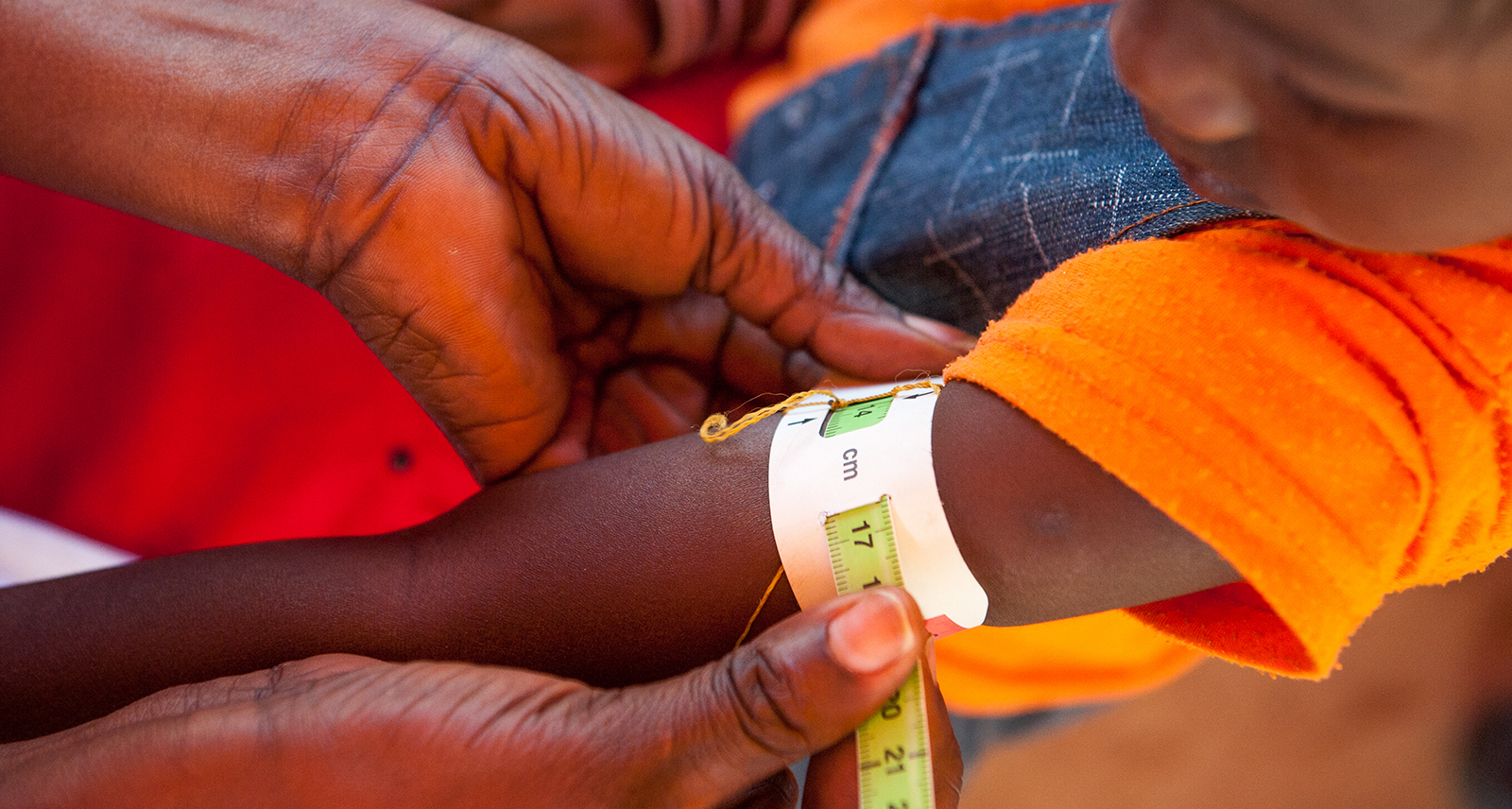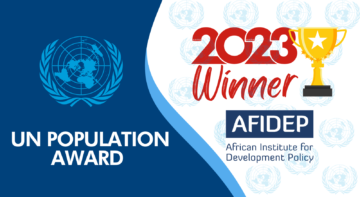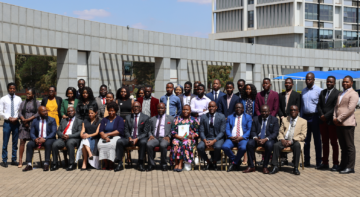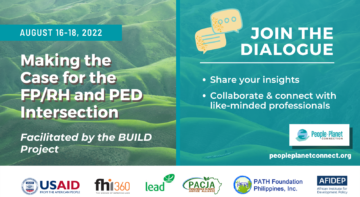News

AFIDEP is attending the What Works Global Summit 2019 (WWGS 2019), an event that brings together policymakers, practitioners, knowledge brokers and researchers from the global evidence community all over the world. The summit will run from 16-18 October 2019 in Mexico City, Mexico.
Dr. Bernard Onyango, a Senior Knowledge Translation Scientist whose role at the Institute includes promoting the use of evidence in decision-making processes at national and regional levels, will speak at a session on Health Systems on 16 October. He will discuss Kenya’s District Health Information System (DHIS2) as a tool to enhance performance monitoring and accountability for the promotion of reproductive, maternal and child health in Kenya.
In 2017/2018, AFIDEP assessed the use of the District Health Information System (DHIS2) as an accountability platform to improve reproductive, maternal and child health in Kenya. We found critical barriers to the use of DHIS2 capabilities, such as performance scorecards and dashboards important to improving outcomes. These included: lack of the necessary infrastructure to operationalise the system at the counties; understaffing at national and counties and lack of trained health workers in monitoring and evaluation (M&E).
“We recommend strengthening the use of DHIS 2 through: continuous capacity building of staff on data management and analysis for decision making; supporting county governments adapt M&E policies to the local context; and, advocating for the use of the scorecards as a data visualisation tool to support decision-makers at both national and county levels,” says Dr Onyango
The What Works Global Summit is an annual event that explores the evidence for designing, implementing and reviewing effective programmes and policies. WWGS 2019 will share the latest evidence synthesis research, research methods and practice strategies for improving the lives of individuals, families, and communities worldwide. Over 500 world leaders in evidence-based decision-making from 30 countries are expected to attend, learn from each other, present their work, share experiences and expand their networks.
Related Posts





